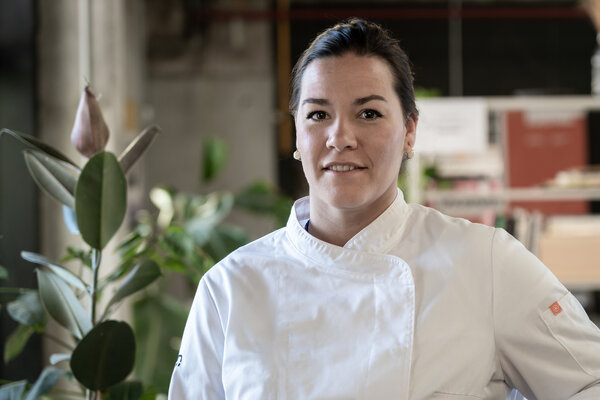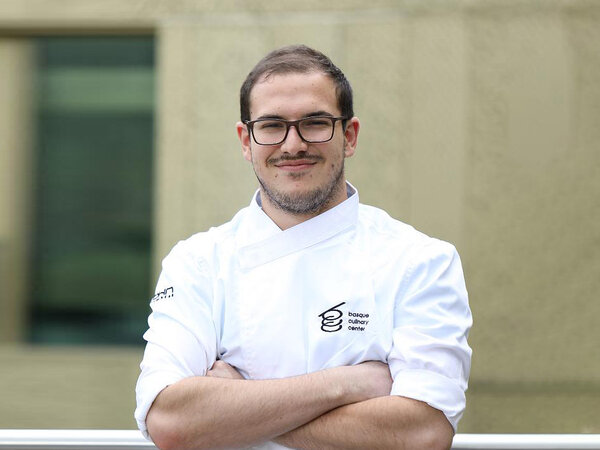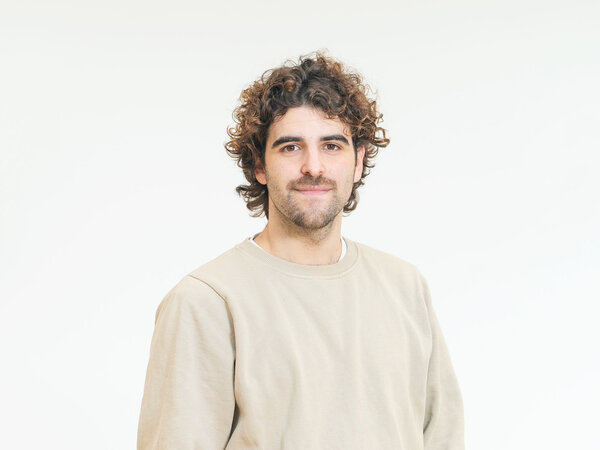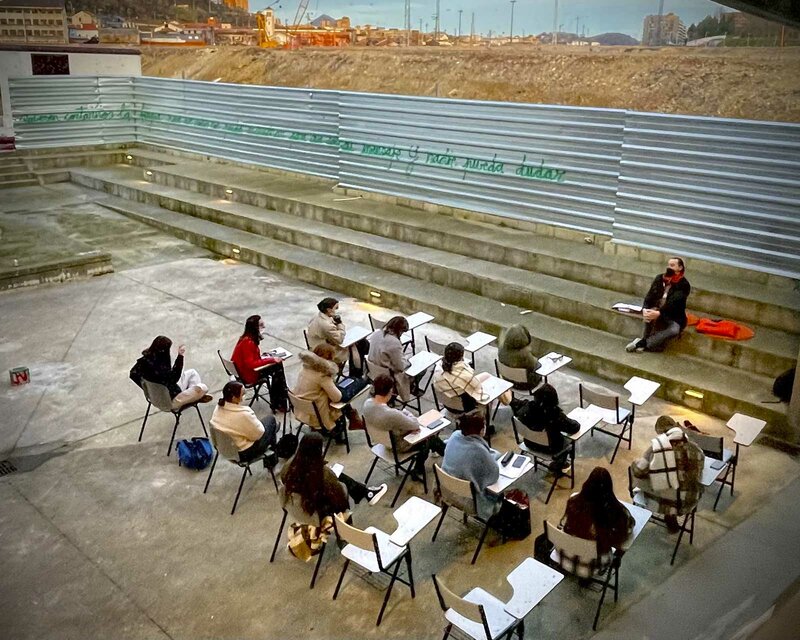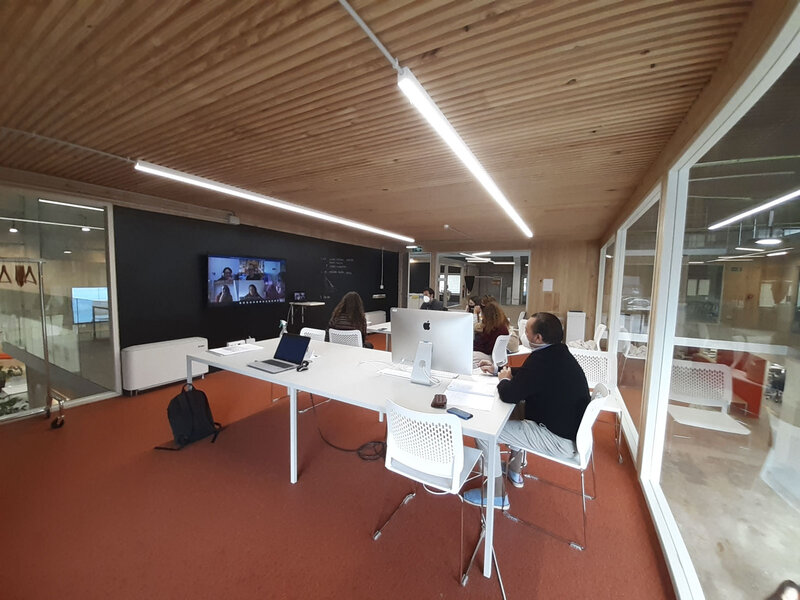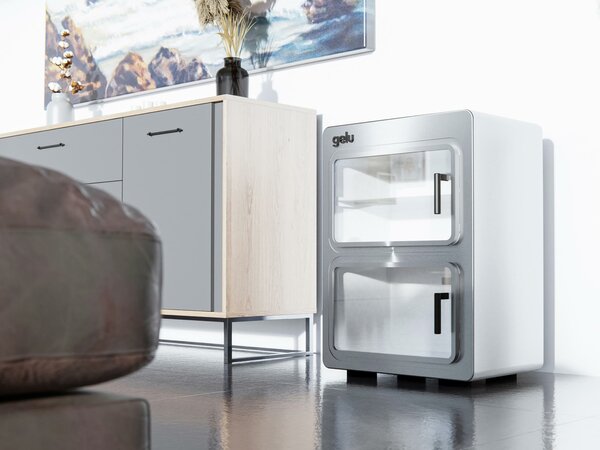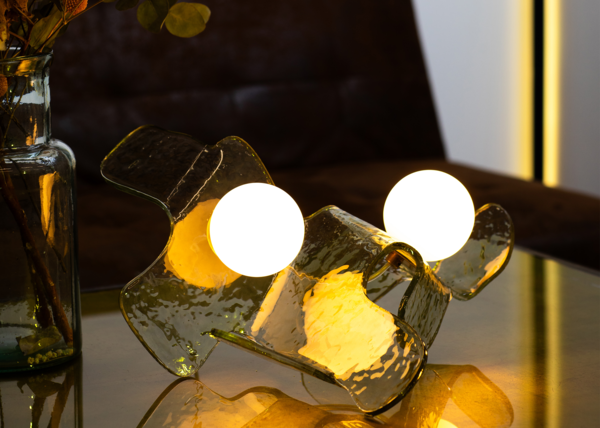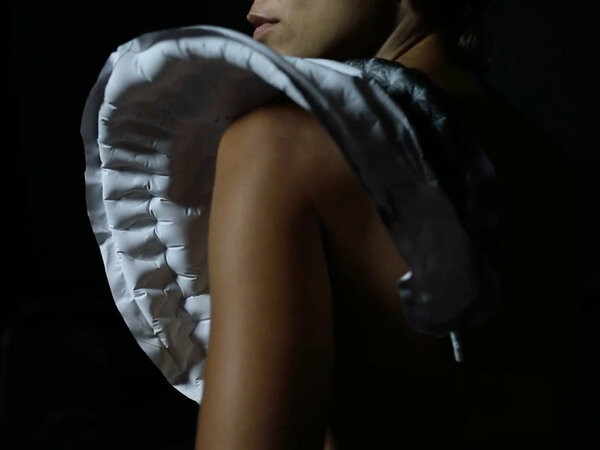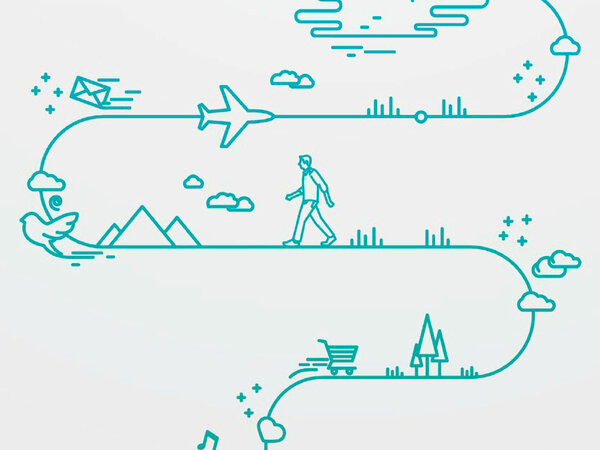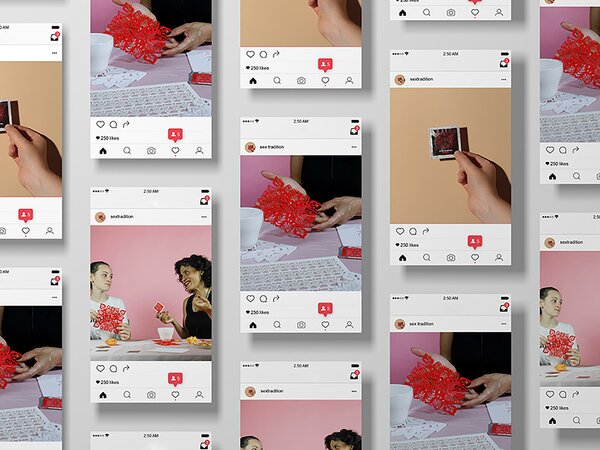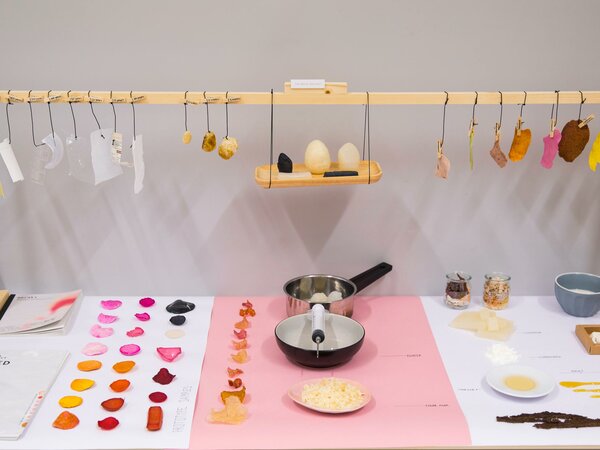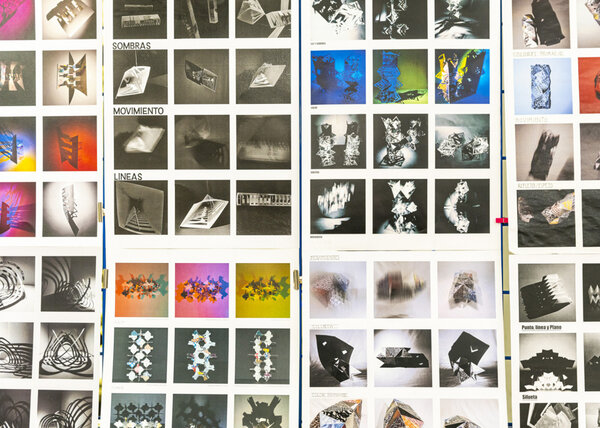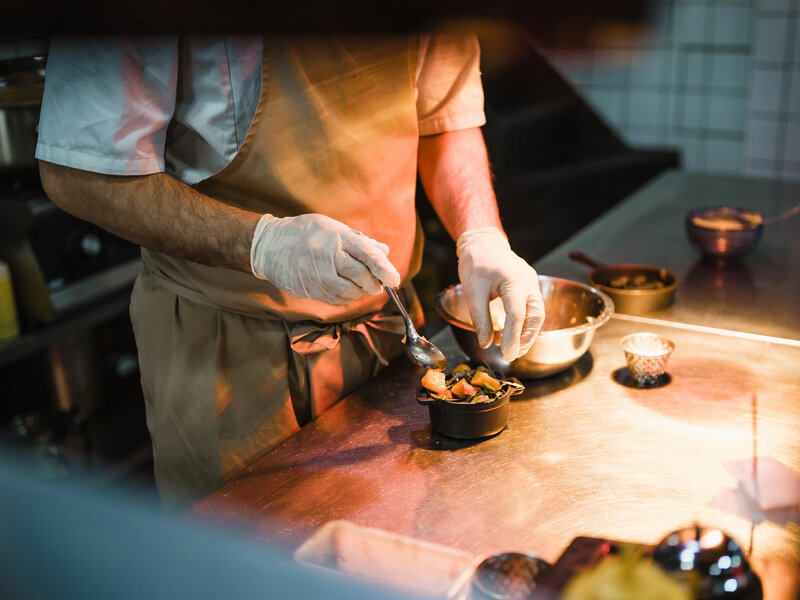
Creative Cuisine
A fusion of gastronomy and design to create innovative experiences and menus
ENG
Language
English
Start date
June 2025
Frequency
Part-time
Fruition
On campus
Duration
2 Weeks
Credits
50 Hours
Price
A course in which you’ll use avant-garde culinary processes, tools and techniques to design creative gastronomic proposals with a sound concept.
In this Summer Course in Creative Cuisine, taught in English, we’ll explore the various phases of a gastronomic project: analysing the context of avant-garde cuisine, investigating the concept to be developed, designing and creating a culinary experience from start to finish, and the menu to go with it.
In the 2-week course you’ll learn the processes, the latest techniques and skills needed to develop innovative gastronomic proposals. You’ll also study the history of cooking, its evolution and trends.
A course in which cooking and design techniques converge, taking a creative approach to the culinary tradition of the Basque Country.
Information to decide
Combine technique, creativity and design to take your passion for gastronomic creation to the next level.
This is a project-based summer course to get first-hand experience applying what you learn in a real context.
Combining theory with practice, you’ll learn as you progress, using the experience gained to host a gastronomic event. You’ll also participate in cooking shows held at the design school.
· Cooking enthusiasts who want to take their hobby to the next level by learning professional techniques and exploring their creative talent.
· Cooking graduates (recent or not) who want to specialize in culinary experience management.
· Gastronomic advisors who want to complete their training and offer more coherent and consistent projects.
· Professional chefs and cooks who want to develop their skills, explore new techniques and convey a deeper message with their dishes.
· People who want to open or promote their own gastronomic business, innovate their menus, improve customer experience or stand out from the crowd by proposing unique culinary solutions.
· Cooking and gastronomy lecturers and educators who want to enrich the teaching they offer with design processes, developing concepts for their gastronomic proposals.
· Professionals from other areas related to gastronomy, food critics, product photographers or culinary stylist who want a deeper understanding of what goes into the creative cuisine process to improve their own work.
Prior cooking knowledge and experience (tools, techniques, ingredients, preparation, cooking, etc.) is essential to get the most out of the course.
Take a creative approach to designing gastronomic experiences with a focus on the conceptual design process.
The objectives of the course are innovation and gastronomic creativity, giving you the foundations you need to develop your own culinary projects.
It’s a practice-based course in which you’ll learn the latest techniques, processes, ingredients and skills needed to design menus and experiences with a difference.
You’ll put what you’ve learned into practice designing a gastronomic event: research, concept selection, experience design, production, logistics and execution.
It’s a very dynamic experience with students from all over the world, in a creative environment like IED Kunsthal Bilbao. And you’ll be studying in the Basque Country, where people are constantly breaking new ground in avant-garde cuisine.
This introductory course can open the doors to a wide range of professional opportunities:
· Start your own gastronomic business in the food sector: catering and services for events, food trucks, restaurants...
· Creative cuisine chef developing innovative new dishes.
· Gastronomic consultant advising restaurants on menu innovation.
· New food product creator, applying creative cuisine know-how.
· Expert teaching cooking classes in schools or face-to-face and online workshops.
Syllabus
CONTEXT
Trends in gastronomy
Design thinking
Avant-garde cuisine
Tasting and guided degustation
PRE-PROJECT
Research on a concept
Selection and elaboration of key issues
Narrative and storytelling
Development of a conceptual product
PROJECT – CONCEPT FOOD EVENT
Topic assignment
Research and in-depth investigation
Screening and definition of the final concept
Experience and menu design
Production and logistics
Development and execution
